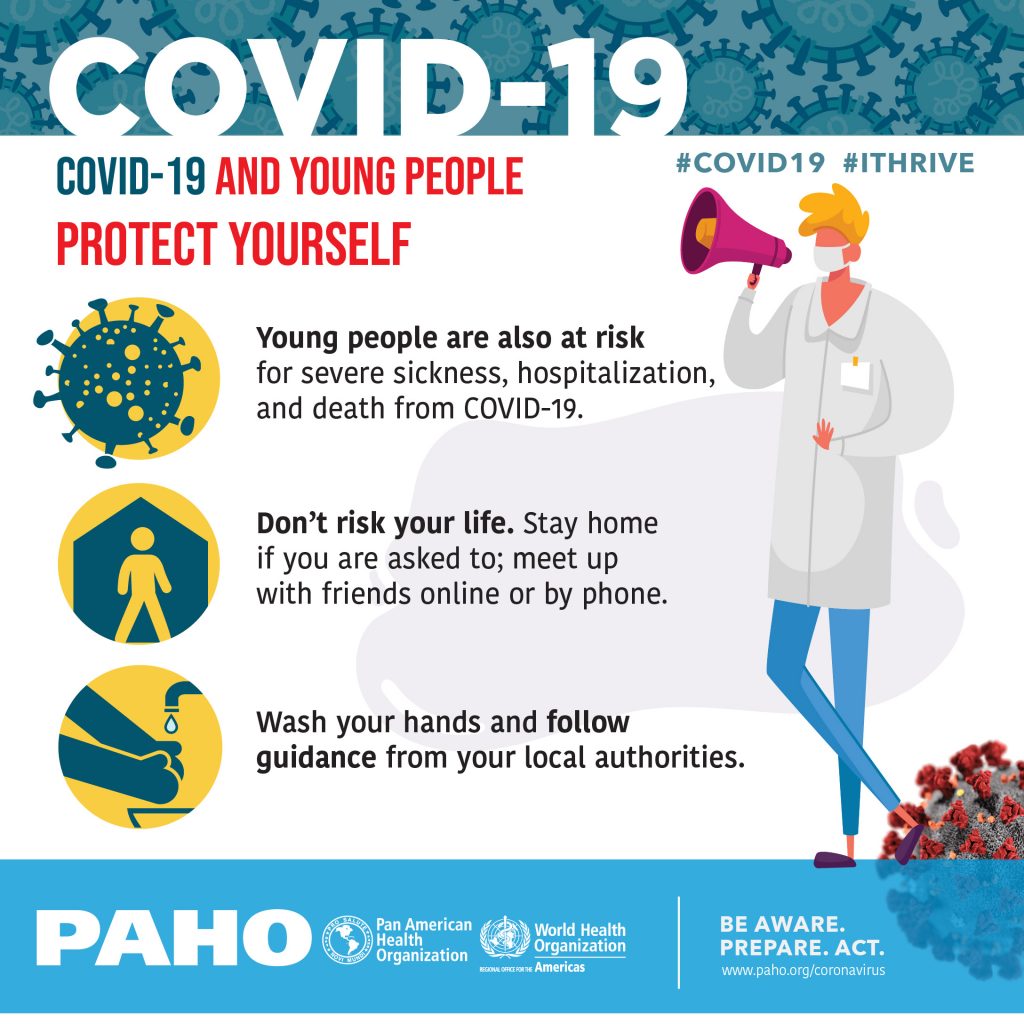By Dr Saeed Graham (MD) of Amplify Caribbean
Covid-19 has proved itself to be a formidable enemy, claiming millions of lives and leaving countless with long-term medical injuries. The challenge against this opponent has been made even more difficult.
Confused ideas have led people to shy away from receiving their ‘armour’ — the vaccine. One particular misunderstanding is the idea that the Covid-19 vaccine affects the reproductive system, causing infertility.
We will take a look at the source of these beliefs. After, we review evidence to help you make the informed and correct decision about the vaccine.
In November 2020, Dr Ramasamy and colleagues at the University of Miami published the first research to suggest a possible link between Covid-19 infection and male infertility.

By looking at tissue from the testicles of six men who died of Covid-19 infection, they not only discovered Covid viral particles in tissue samples, but abnormal spermatogenesis (process of producing sperm) as well.
This case report gained eyes as the Pfizer and Moderna vaccines were being released. Lay-persons began making loose associations between the study and the vaccine, which birthed the misconception that the Covid-19 vaccine causes infertility.
To understand why this is not true requires a very general understanding of the difference between the Covid-19 virus (SARS-CoV-2) and the Covid-19 vaccine. For the purpose of this explanation, understanding the difference between mRNA vaccines (eg Moderna, Pfizer) and vector delivered vaccines (AstraZeneca, Johnson & Johnson) is not necessary, as they both achieve the same end result.
SARS-CoV-2, like many other viruses, has a small strip of “programming information” or RNA, protected by a shell otherwise known as a capsid, all surrounded by an envelope with protruding spikes that help the virus latch onto and fuse with a cell.
The spike glycoprotein is of particular interest as it has been shown to be responsible for this process. For infection to happen, the virus’ RNA must enter the cell. This RNA code allows the virus to replicate inside cells, causing symptoms of the Covid-19 infection.
Vaccines for this virus (both mRNA & vector delivered) work by delivering a code to cells, instructing them to make the spike protein. The immune system then produces protective molecules called antibodies against spike protein.

If the virus enters the body, these antibodies will recognise the spike protein on the virus and attach to it. This prevents the spike protein from latching and fusing with our cells.
A virus that cannot fuse cannot enter cells. A virus that cannot enter cells, cannot use its RNA to make new virus. A virus that cannot replicate, cannot cause infection.
The spike protein that the vaccine instructs our cells to make cannot cause Covid infection or symptoms of disease. It is specifically the intact RNA code of the virus that gives it its ability to replicate and cause the symptoms of the infection.
It becomes clearer if you think about infection as a two-step process. 1) The virus must latch and fuse with a cell using the spike protein. 2) The virus’ RNA must enter the cell for replication. Both mRNA and vector delivery vaccines carry information to make the spike protein only. This means that it is not possible for the vaccine to cause infection, because the virus’ code is not present.
If we also look at the hierarchy of scientific evidence (a ranking system ordering different sources of evidence based on strength on precision) the concern of infertility becomes even more poorly founded.
The University of Miami’s publication can be categorised as a case series – a group of case reports involving patients with similar exposures and outcomes. This is the lowest tier of scientific evidence aside from expert opinion on the scientific evidence scale.
The value of case series publications is in its role of prompting higher strength research. Drawing conclusions from case reports is not good scientific practice and relates directly to the common saying “correlation is not causation”.
It’s interesting to note how this myth spawned from a legitimate scientific publication, and completely understandable how persons without a scientific background fall victim to it. Our goal is not to fight critics but rather to have the discussions that lead to a better understanding on both sides.

